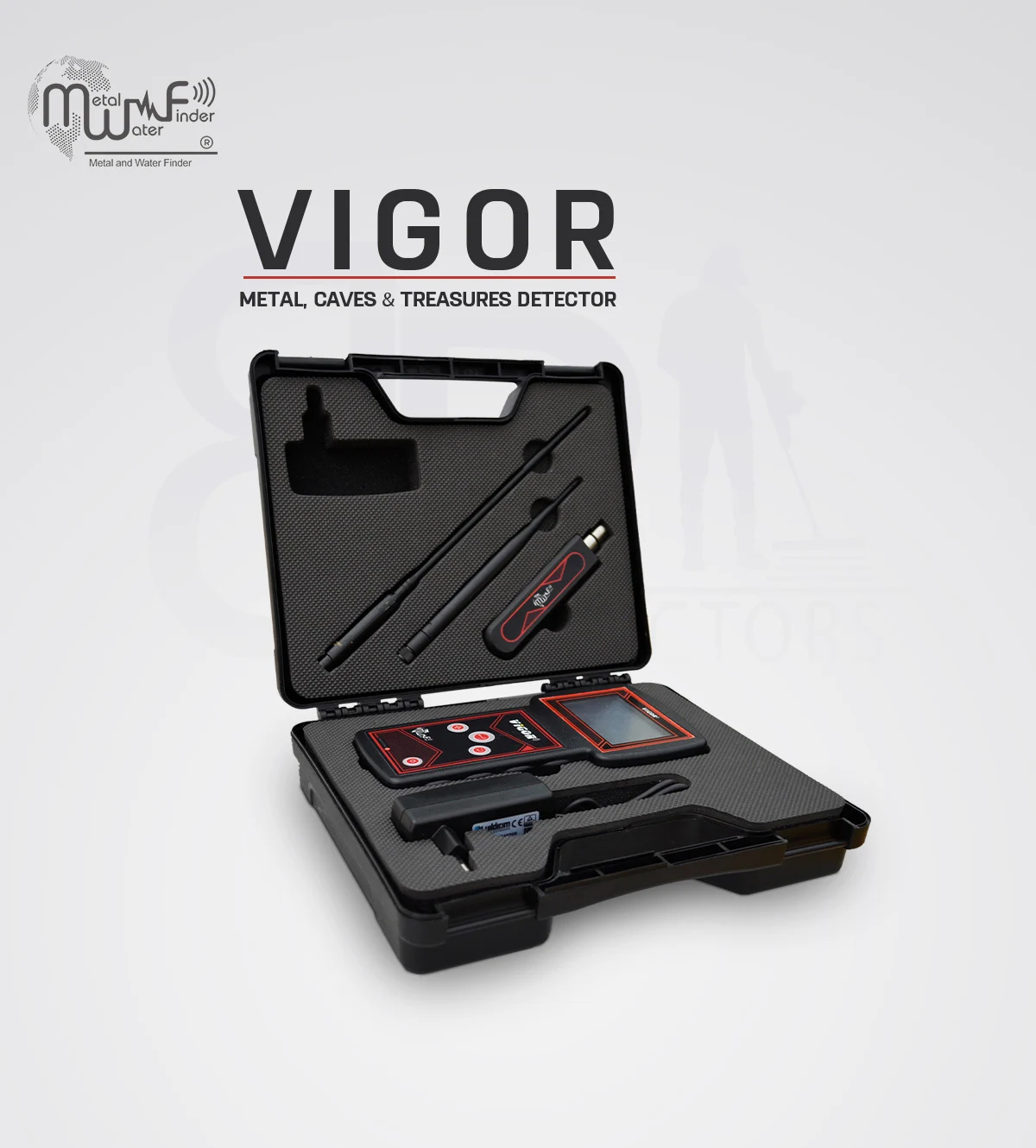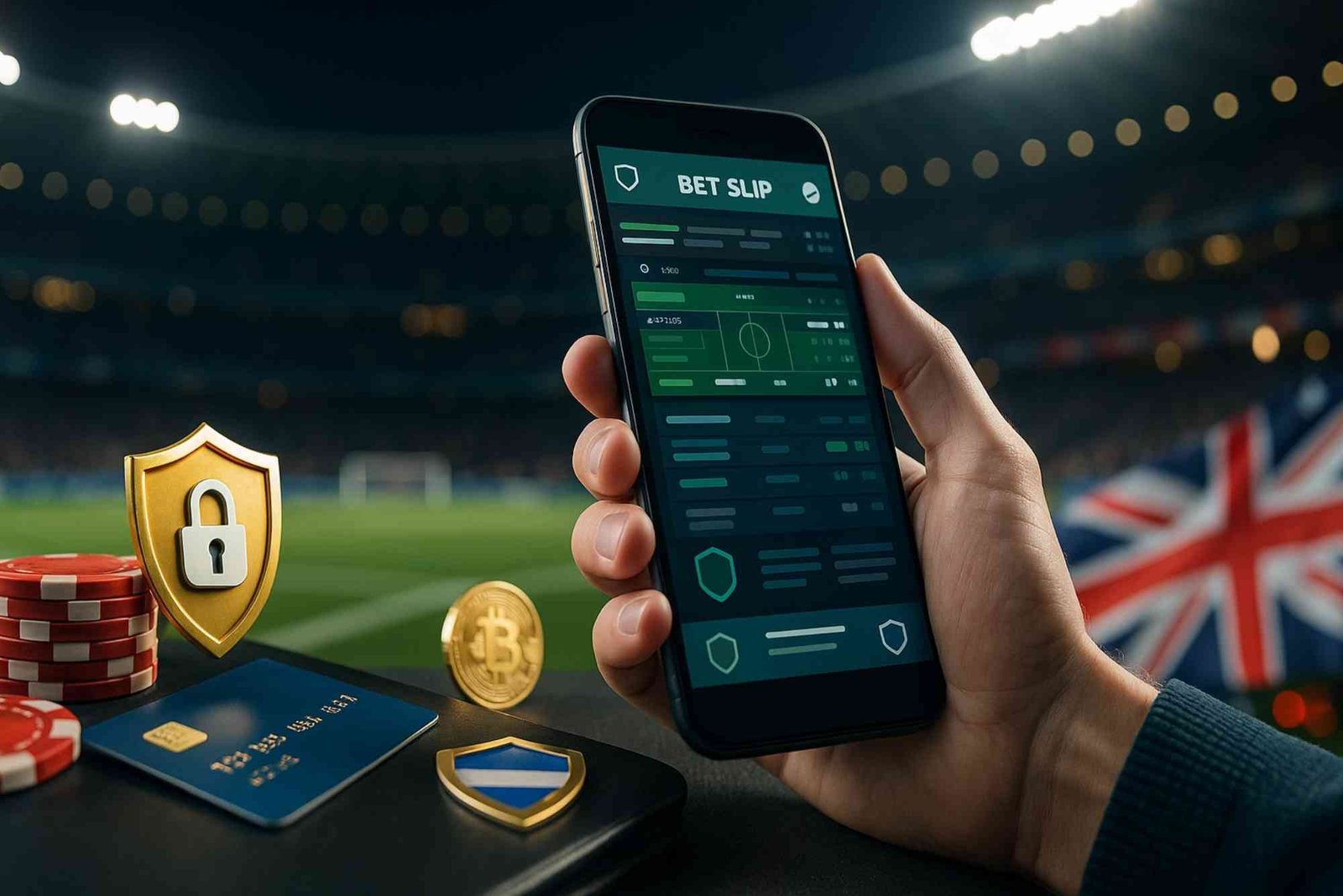Casinos have long relied on loyalty programs to attract and retain players, offering tiered points, cashback, and exclusive experiences. But with the rise of blockchain technology, the next evolution in player incentives is here: non-fungible tokens (NFTs). As a gaming industry insider who’s tested countless reward systems, I’ve watched these digital collectibles go from niche crypto curiosity to a core element of modern casino engagement. In this article, we’ll explore how NFTs are being integrated into casino reward schemes, why operators from Las Vegas to London are embracing them, and what the future holds for players and platforms alike.
The Rise of NFTs in Casino Reward Systems
When NFTs first exploded onto the scene in 2021, they were associated mainly with digital art and sports memorabilia. But forward-thinking casinos quickly recognized their potential for loyalty programs. Unlike traditional points that exist only within a casino’s database, NFTs live on blockchain networks—immutable, tradeable, and fully owned by the player.
Many of today’s new online uk casinos are exploring NFT rewards in welcome packages and ongoing campaigns. Imagine receiving a limited-edition NFT commemorating your first deposit, which you can hold, display in a virtual gallery, or trade on the open market. This paradigm shift transforms rewards from ephemeral point balances to tangible digital assets with lasting value.
What Makes NFTs Ideal for Rewards
NFTs offer several advantages over legacy reward models:
-
Provable Scarcity and Rarity
Each NFT is unique and verifiable on the blockchain. Casinos can mint a fixed number of VIP “Golden Chip” NFTs, guaranteeing scarcity and boosting desirability. -
Player Ownership and Transferability
Players truly own their NFTs and can sell or gift them outside the casino’s ecosystem. This extends the program’s reach into broader crypto markets. -
Enhanced Engagement Through Collectibility
Players often seek to complete NFT collections—think sets of “Casino Classics” featuring roulette, blackjack, and slot machine artwork. Collectibility drives repeat play. -
Unlockable Perks
NFTs can serve as keys to unlock special bonuses: free spins, complimentary hotel stays, or even private table access. Smart contracts automate these benefits when the NFT is redeemed.
Key Integration Strategies
Casinos have experimented with NFTs in diverse ways. Here are some of the most impactful implementations:
Welcome and Signup Bonuses
The simplest use case is replacing or augmenting traditional welcome bonuses with NFTs. Instead of 100 free spins credited directly, a player receives an “NFT Ticket” that they can redeem for spins at their leisure. The NFT format allows casinos to create tiers—basic, silver, gold—each offering progressively higher rewards. Because players can hold onto or trade the NFT, they feel a stronger sense of ownership.
Tier Progression and VIP Status
NFTs can represent loyalty tiers. Instead of a static level represented by points, a player’s tier badge is an on-chain NFT that updates automatically. For instance, after hitting a wagering threshold, the system mints an upgraded “Emerald Elite” NFT to a player’s wallet. This dynamic model replaces opaque point tallies with visible, collectible badges.
Special Event and Limited Edition Drops
Casinos frequently host tournaments, holiday promotions, and celebrity-hosted nights. Integrating NFTs enables event-specific collectibles. A Halloween-themed “Spooky Slots” NFT drop could commemorate a tournament win, complete with spooky artwork and redeemable perks like haunted-house hotel stays.
Marketplace Ecosystems
Some operators have launched NFT marketplaces where players trade, buy, and sell reward NFTs. These platforms often include features such as auction bidding, royalty payments to the casino on each resale, and integration with popular wallets like MetaMask. This secondary market breathes life and liquidity into casino rewards.
Benefits and Challenges
Benefits for Casinos and Players
Increased Player Engagement
NFTs tap into collector psychology. Players revisit platforms not just to play, but to chase new drops and complete sets.
Brand Differentiation
Offering exclusive digital collectibles helps casinos stand out in a crowded market. A unique NFT series becomes a talking point and marketing hook.
New Revenue Streams
Casinos can charge for limited-edition NFT minting drops, auction event NFTs, and earn royalties on secondary market sales.
Transparent Analytics
Blockchain’s public ledger provides clear insights into which NFTs are most popular, holding patterns, and transfer volumes—data that legacy systems struggle to capture.
Challenges to Consider
Regulatory and Compliance Hurdles
Integrating blockchain assets into gambling can trigger complex compliance issues around anti-money laundering (AML) and know-your-customer (KYC) regulations. Operators must ensure NFT transfers don’t circumvent age or jurisdictional restrictions.
Technical Complexity
Building and maintaining smart contracts, ensuring wallet compatibility, and handling gas fees introduce technical overhead. Many casinos partner with blockchain specialists to navigate these complexities.
Market Volatility
NFT valuations can fluctuate wildly. A collectible that once seemed valuable may lose secondary-market interest, potentially disappointing players expecting real-world returns.
User Education
Mainstream casino players may be unfamiliar with wallets, private keys, and blockchain transactions. Simplified interfaces and educational guides are critical for onboarding.
Case Study: Quantum Casino’s “Diamond Series”
To illustrate, let’s look at Quantum Casino—a mid-sized online operator that launched its “Diamond Series” NFT collection in early 2025. The program included:
-
Limited Mint Drops
A weekly release of 500 “River Card” NFTs with randomized bonus values (free spins, cashback percentages). -
Tiered Redeemability
Rare “Diamond Club” NFTs unlocked access to a high-roller WhatsApp group, private tournaments, and luxury hotel vouchers. -
Built-in Marketplace
Quantum’s proprietary marketplace charged a 5% royalty on secondary sales, creating a recurring revenue stream as players traded collectibles.
In the first quarter, Quantum saw a 35% uplift in signups from NFT-curious players and a 50% increase in engagement from mid-tier loyalty members seeking to upgrade their collections.
Future Outlook and Opportunities
The integration of NFTs into casino reward systems is still in its early days. Yet the momentum suggests several emerging trends:
Cross-Platform Collectibles
Imagine a unified NFT wallet that works across multiple casinos and even land-based properties. Players could use a single “Casino Rewards NFT Pass” redeemable at partner venues, blending online and offline experiences.
Gamified Loyalty Programs
NFTs enable deeper gamification: quests, scavenger hunts, and unlockable storylines. A player might complete a series of challenges to earn a rare “Casino Explorer” NFT with unique perks.
Augmented Reality Integration
As AR glasses and apps become commonplace, NFTs could appear as virtual trophies around a casino floor or overlay digital content near slot machines. This combination of physical and digital rewards drives immersion.
Tokenization of Real-World Assets
Beyond digital art, casinos might tokenize ownership stakes in real-world assets—hotel suites, VIP tables, or even fractional stakes in the casino itself. These NFTs would serve dual functions: loyalty rewards and genuine investment vehicles.
Conclusion
From welcome bonuses to elite VIP programs, NFTs are reshaping how casinos reward and retain players. By transforming points into tradeable digital collectibles, operators unlock new engagement, revenue, and marketing opportunities. While challenges around compliance, technical integration, and user education remain, the early successes at forward-thinking platforms like Quantum Casino prove the model is here to stay. Whether you’re a casual slot player or a high-roller, prepare to see NFTs pop up in your next casino loyalty email—along with some truly dazzling digital art.




